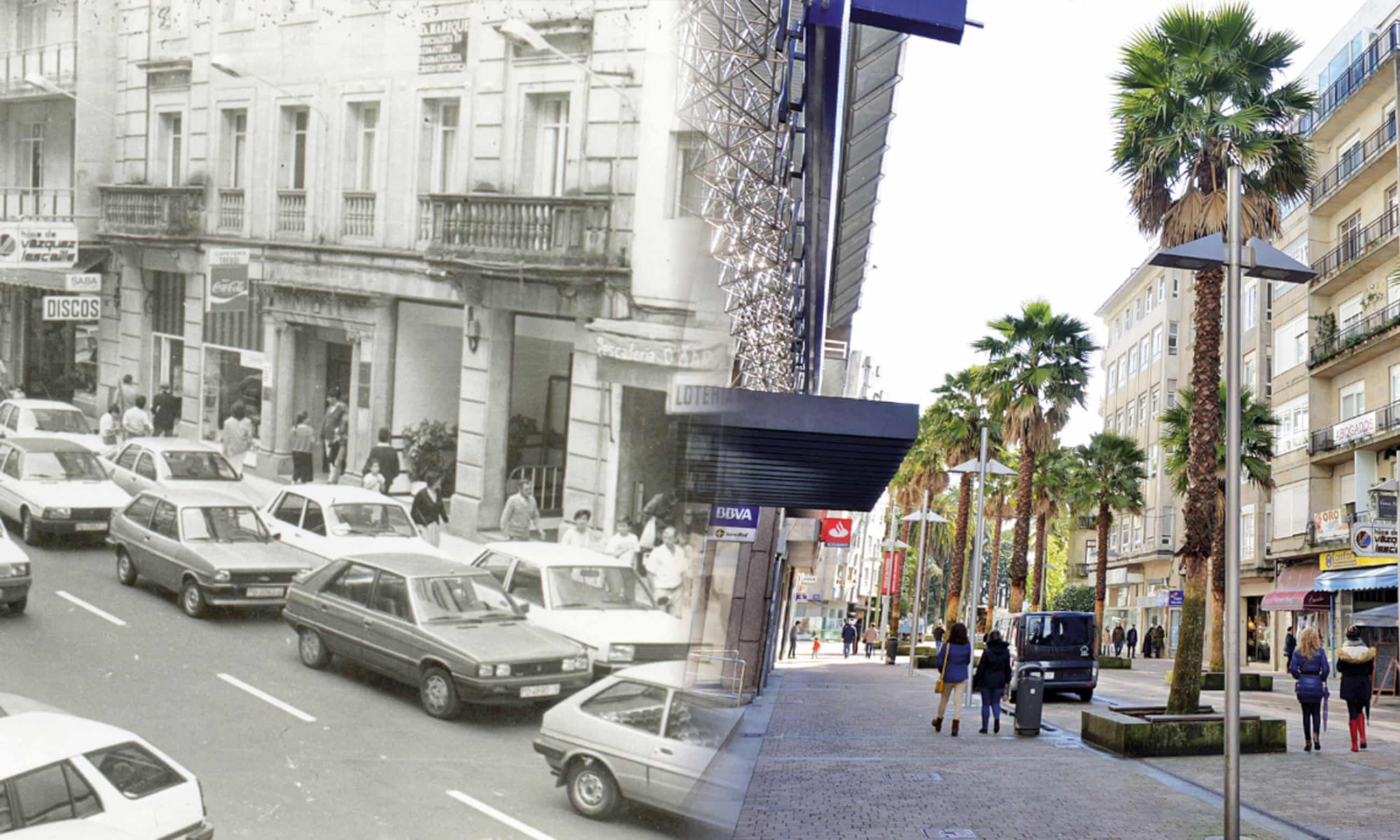How it's going in Pontevedra
In 1999 the city banned most cars from it's city centre. And it's doing just great.
In 1999 Miguel Anxo Fernández Lores was elected mayor of the Galician city of Pontevedra and 24 years later he's still the mayor. He came in with a simple agenda:
"Owning a car doesn’t give you the right to occupy the public space."
"It's not my duty as Mayor to make sure you have a parking spot. For me it's the same as if you bought a cow, or a refrigerator, and then asked me where you're going to put them."
Pontevedra is a Spanish city in the north-west of the Iberian Peninsula, and by the late 1990s, an average of 80,000 cars drove through the city center on a daily basis. The city registered an average of 140 road-related accidents with serious injuries each year. 2
That's a town of 85,000 people (in the 1990s), with 80,000 cars driving through on a regular basis. It seems a lot of the cars and traffic were people driving through the centre of town to get to other destinations.
Within one month of Fernández Lores being elected, the town pedestrianised all of the medieval streets.
Before and after:

"They stopped cars crossing the city and got rid of street parking, as people looking for a place to park is what causes the most congestion. They closed all surface car parks in the city centre and opened underground ones and others on the periphery, with 1,686 free place"
Guardian 1
Check out getting driving directions to the centre of town on Google maps.
24 years later the mayor has being repeatedly elected and so many things have improved:
- "Unlike the other six large cities of Galicia, which have lost inhabitants to neighboring municipalities, Pontevedra's population is currently increasing" 3
- "It has become one of the most accessible cities for disabled people" 3
- "...reduced by 65% the emissions of CO2 from fossil fuels" 3
- "On the same streets where 30 people died in traffic accidents from 1996 to 2006, only three died in the subsequent 10 years, and none since 2009" 1
- "Withholding planning permission for big shopping centres has meant that small businesses – which elsewhere have been unable to withstand Spain’s prolonged economic crisis – have managed to stay afloat." 1
Sounds like its been going pretty well. It's been good for the people who live there, the economy and the health of the city.